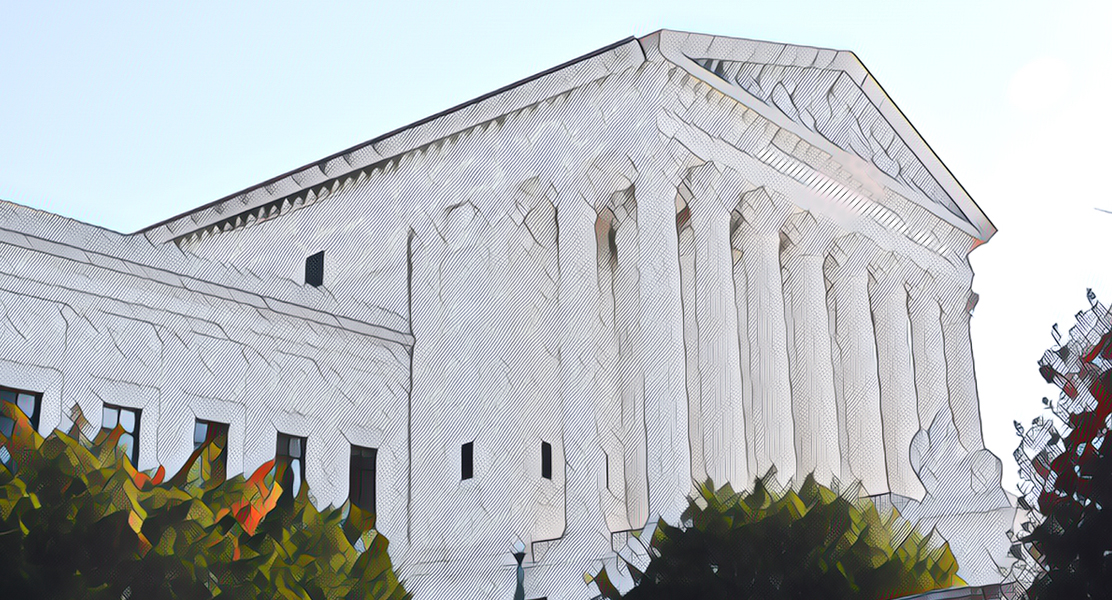Supreme Court confirmation raises questions about the direction of religious liberty in the U.S.

Amy Coney Barrett became the newest justice of the United States Supreme Court this week when she was sworn in by Chief Justice John Roberts during a Tuesday morning ceremony. It won’t take long before she considers a controversy addressing religious liberty concerns.
On Wednesday, November 4, the court will hear oral arguments in Fulton v. City of Philadelphia, a case involving a faith-based agency that contracts with the government to certify foster parents. The agency is seeking an exemption from rules requiring it to refrain from discriminating on the basis of religion, sexual orientation, and other protected categories.
In a brief filed with the Court, BJC argues that the city of Philadelphia’s Fair Practices Ordinance, which prohibits government contractors from engaging in discrimination, protects religious freedom for everyone.
Hard cases can arise when a government’s important interests must be balanced against substantial burdens on religious exercise. This is not such a case. Here, the City’s nondiscrimination policy reflects not only a valid and compelling interest, but one that advances religious liberty, rather than infringes upon it. Nondiscrimination laws like the Fair Practices Ordinance offer critical protection to religious liberty in a pluralistic society, as do nondiscrimination provisions included in government contracts.
Justice Barrett left few direct clues, either during her confirmation hearing or during her brief tenure on the 7th U.S. Circuit Court of Appeals, as to how she might approach such cases. However, in an evaluation of her “slim” church-state record, BJC explained that Barrett’s alignment with the views of her former boss, Justice Antonin Scalia, raised troubling concerns. (And, you can hear more on this week’s episode of BJC’s Respecting Religion podcast.)
A new report from Jack Jenkins at Religion News Service does little to allay those concerns. Citing numerous legal scholars and observers, the piece says Barrett may have “an outsized impact on … religious liberty” and “push the court toward a narrow understanding” of our First Freedom.
In a 2019 talk at the University of Notre Dame, she was asked by a student whether she agreed that states can support “religion, in general, above nonreligion,” a position the student attributed to Barrett’s mentor, the late Justice Antonin Scalia.
Barrett told the student she hadn’t done enough research on the topic and was careful to qualify her remarks by noting that as an “originalist” scholar she would have to do “the historical work” to determine how such concepts apply to any particular circumstance.
But she argued that there is “plenty of evidence” in early American history to back the idea of privileging religion.
We may have more indications as early as next week, when she poses questions in Fulton, as to whether those concerns are warranted about her narrow reading of the First Amendment, or whether her “originalist” approach allows for more nuance than Justice Scalia was willing to countenance.
Stay tuned.




